Category: Engineering
-
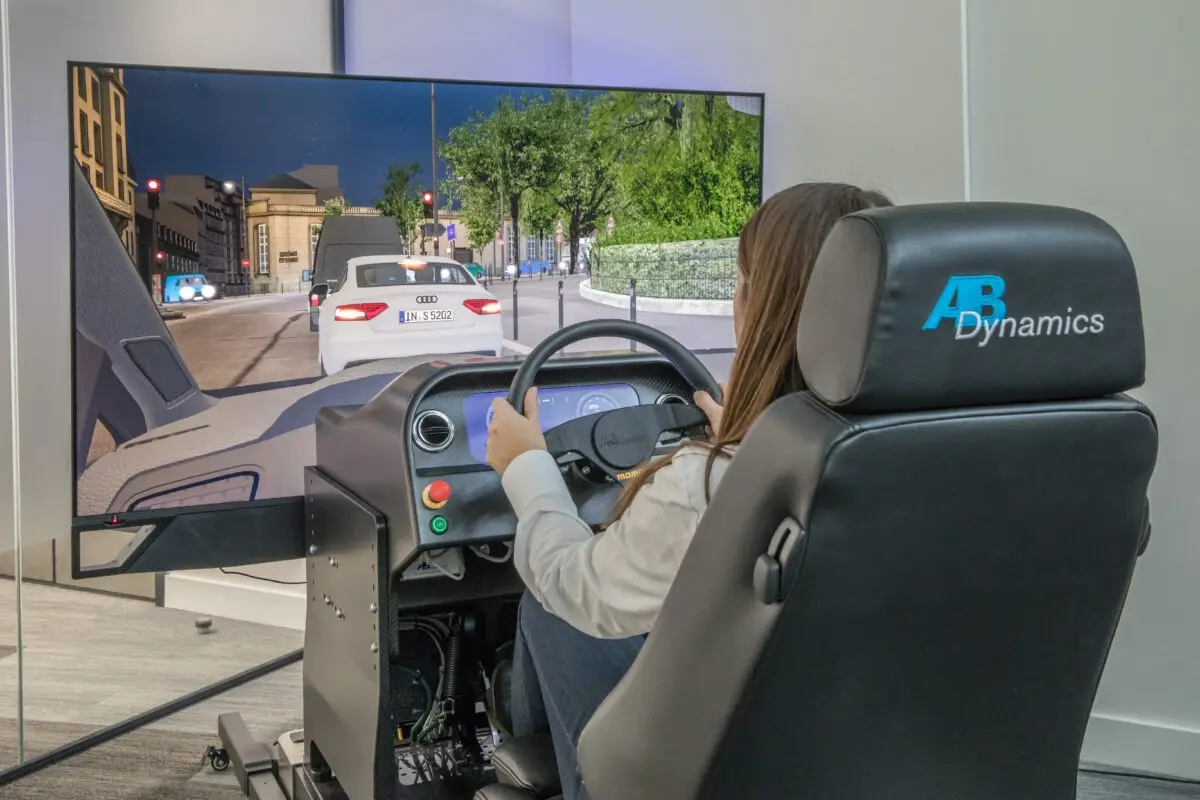
AB Dynamics launches new, class-leading static driving simulator
AB Dynamics has launched a static driving simulator, the class-leading aVDS-S.
-
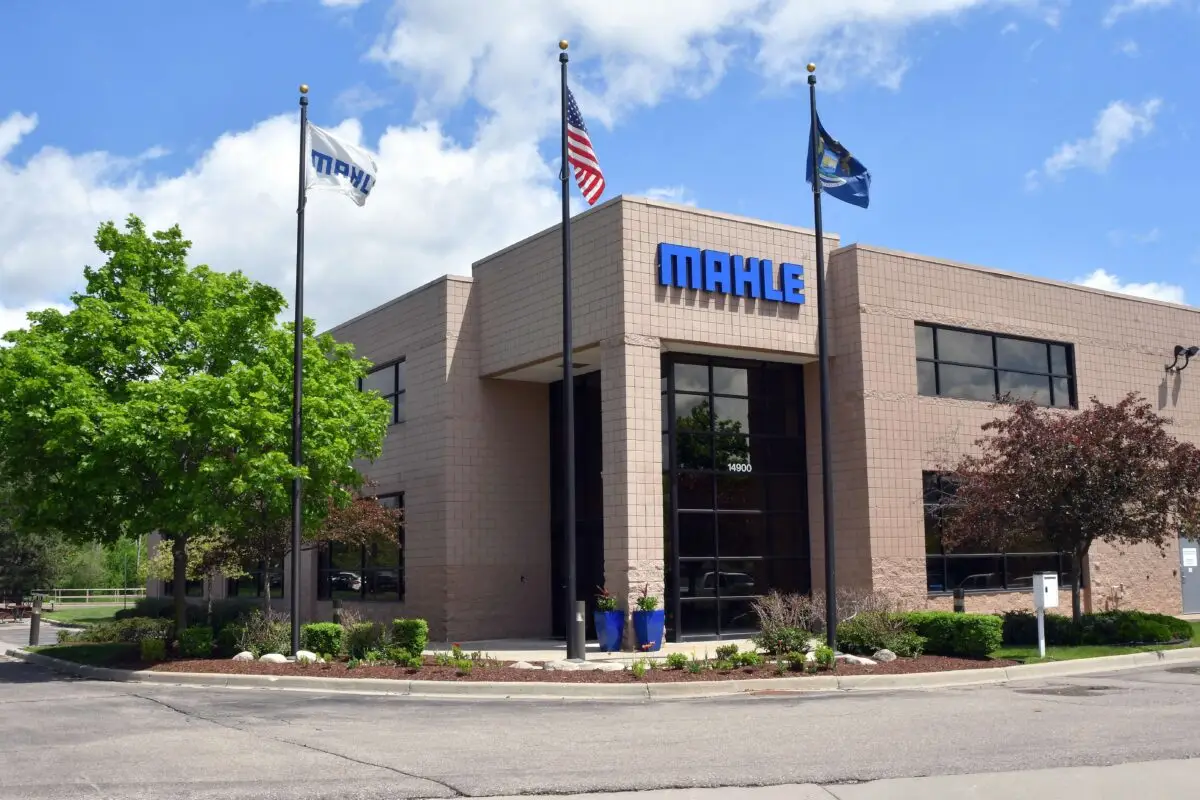
MAHLE Powertrain wins IMechE’s Dugald Clerk prize
An author partnership from MAHLE Powertrain in the US has been recognised for its work on pre-chamber ignition, presented at the Institute of Mechanical Engineers’ Internal Combustion Engines and Powertrain Systems conference in December 2019
-

Everything M3s manual conversion kit for the E46 BMW M3 CSL
Banbury based BMW performance car specialist, Everything M3s, has launched a manual gearbox conversion kit for the iconic E46 model M3 CSL.
-
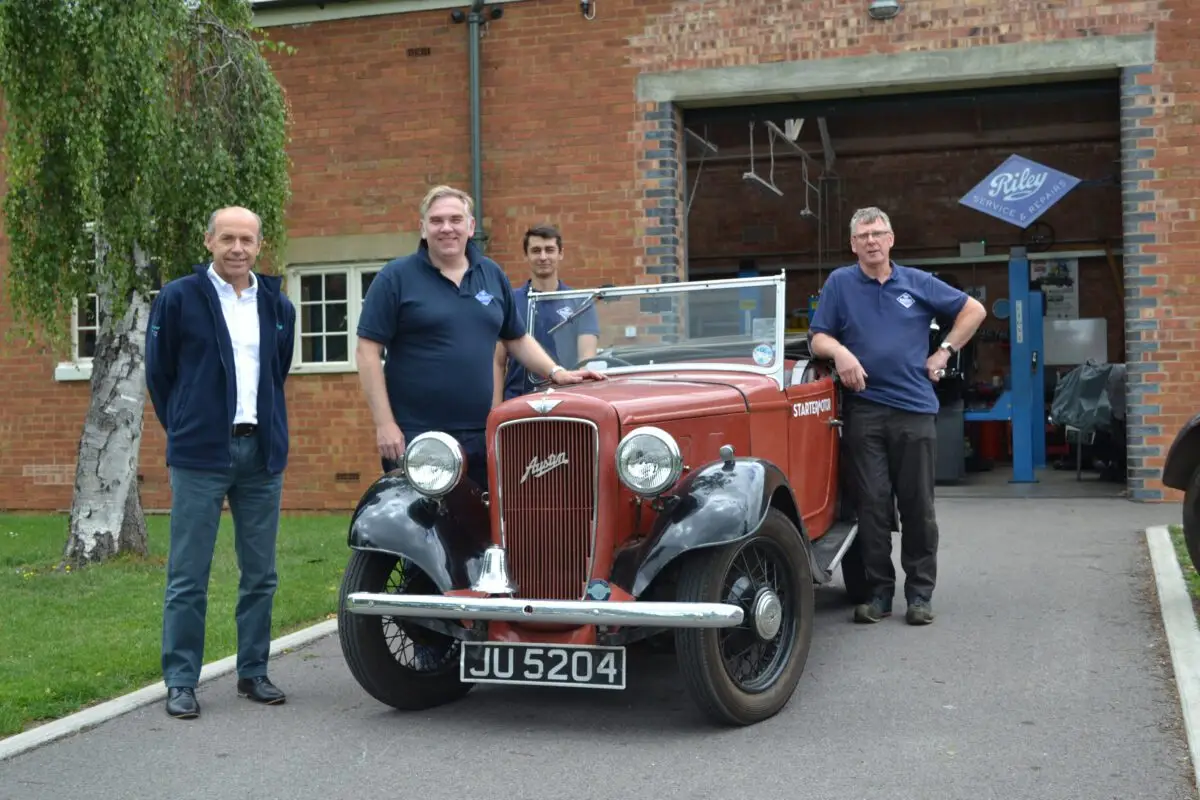
Blue Diamond Riley Services partners Starter Motor Charity
StarterMotor, a charity founded to promote historic car usage, skills and industry involvement for the next generation, is proud to announce that it is now supported by historic car specialist, Blue Diamond Riley Services.
-
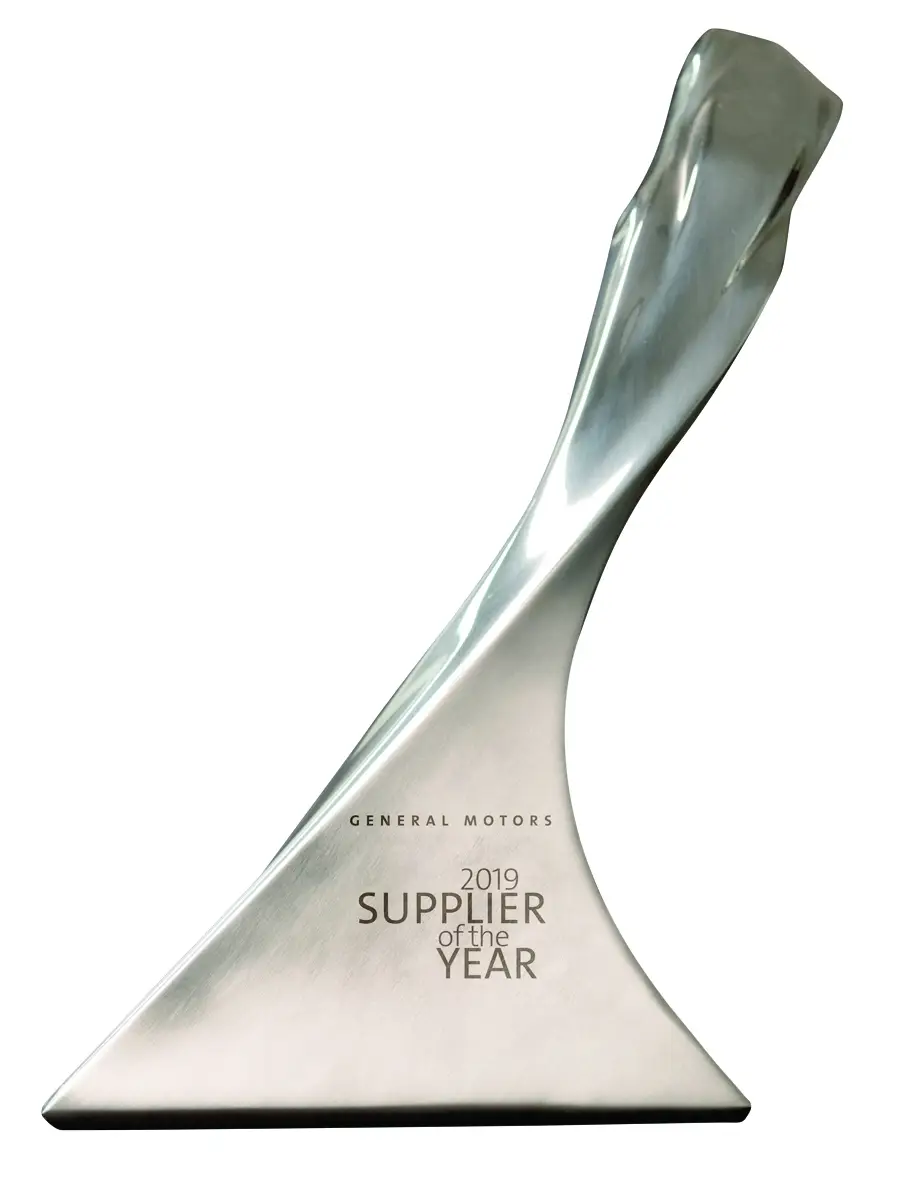
Tenneco named a General Motors Supplier of the Year
Tenneco’s Powertrain business group was named a GM Supplier of the Year by General Motors during a virtual ceremony honouring the recipients of the company’s 28th annual Supplier of the Year awards at the end of June.
-
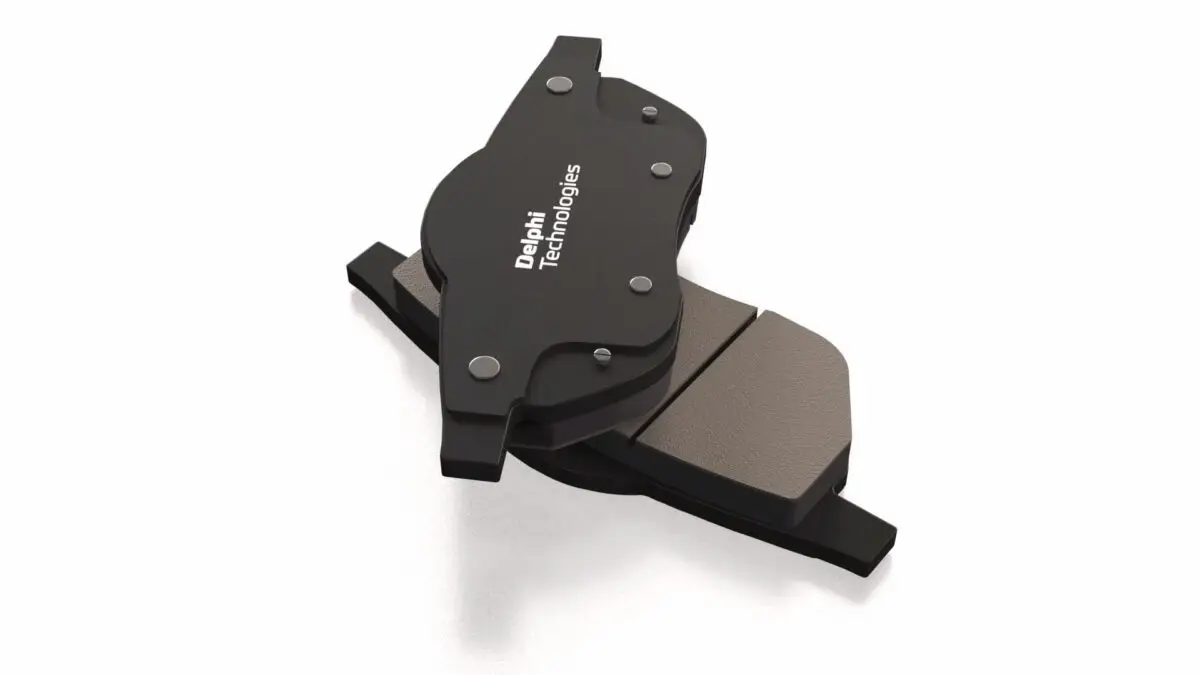
Delphi Technologies expands aftermarket braking program
Delphi Technologies, a global provider of aftermarket service solutions, has added to its highly-proven braking program in Europe.
-
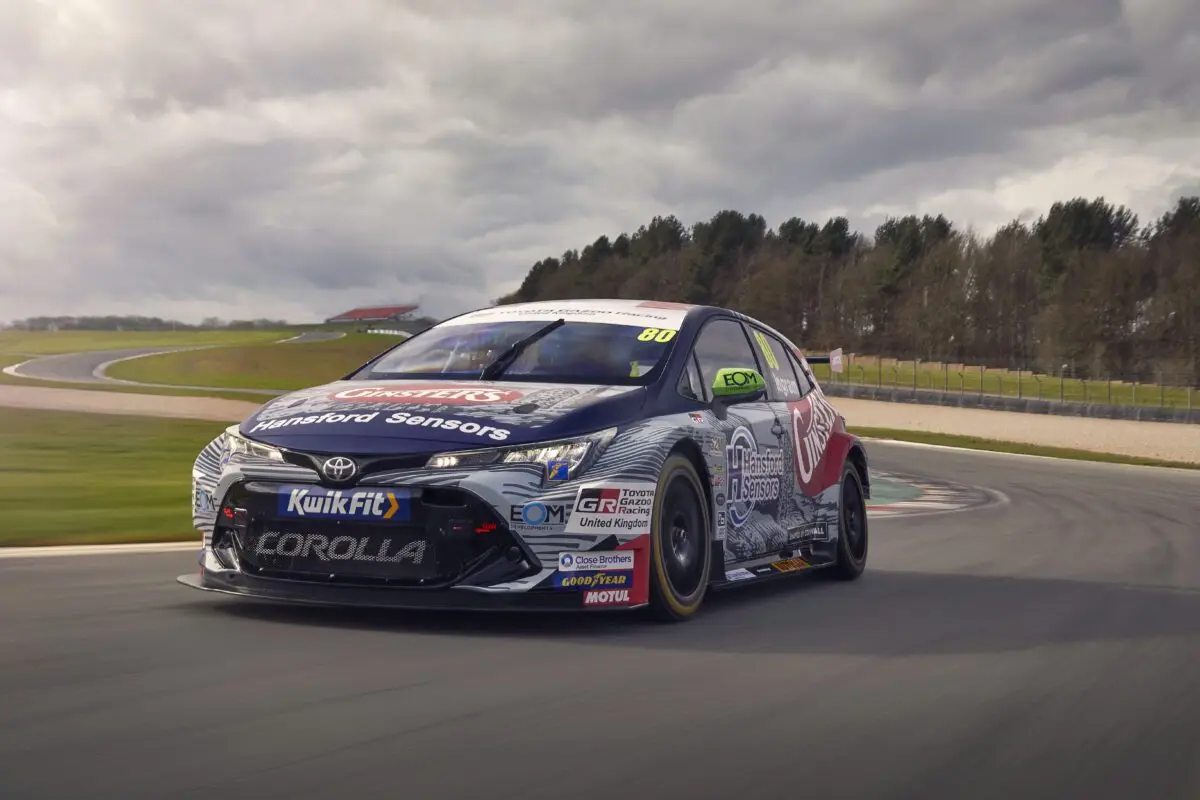
D2H Advanced Technologies’ aerodynamics expertise helps Toyota Gazoo Racing UK BTCC team fly
For 2020, the Toyota Gazoo Racing UK team in the British Touring Car Championship (BTCC) has engaged D2H Advanced Technologies to provide it with computational fluid dynamics (CFD) modelling in helping to develop the BTCC Corolla’s aerodynamic performance.
-
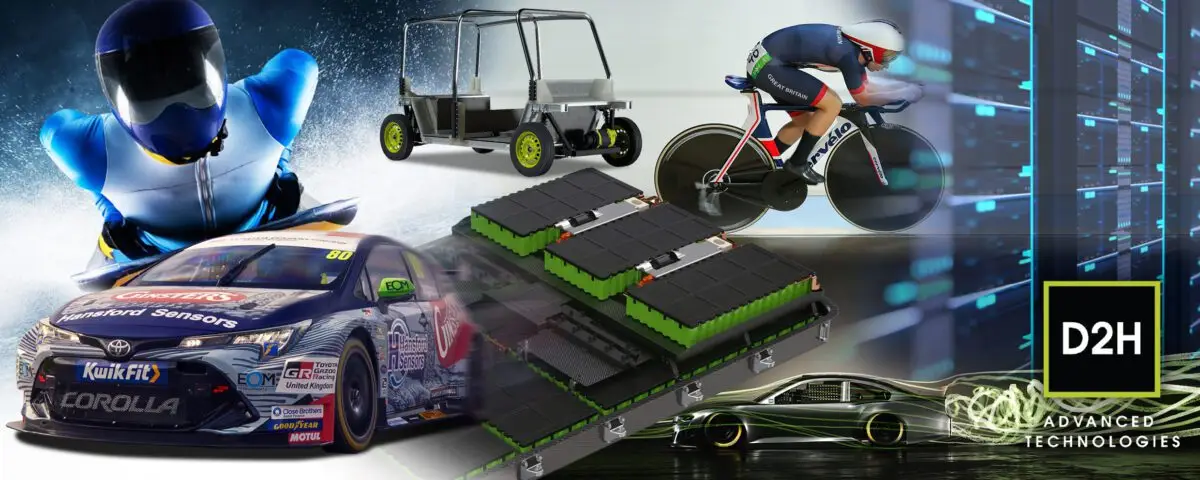
D2H Advanced Technologies arrives
D2H Advanced Technologies is the new name for a rapidly expanding specialist technology and engineering consultancy grown from a foundation in elite motorsport. Since being established five years ago, the company has extended its expertise into a wide range of industrial
-
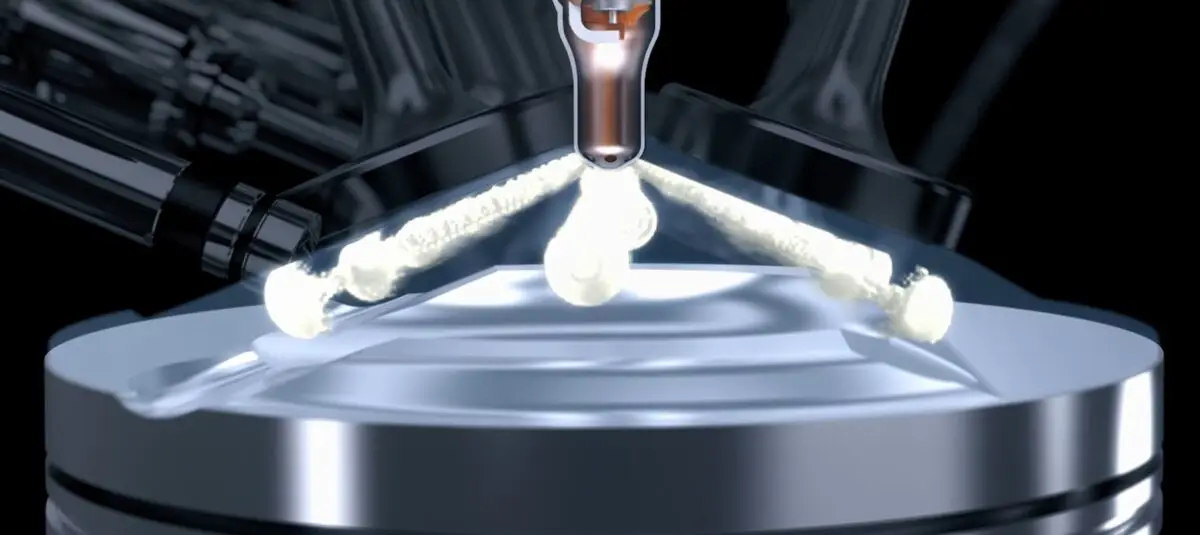
MAHLE Jet Ignition sparks high-efficiency combustion in production engine design
MAHLE Powertrain’s latest development of its passive MAHLE Jet Ignition (MJI) technology brings highly efficient combustion to existing engine designs with only minimal changes to the final machining process.
-
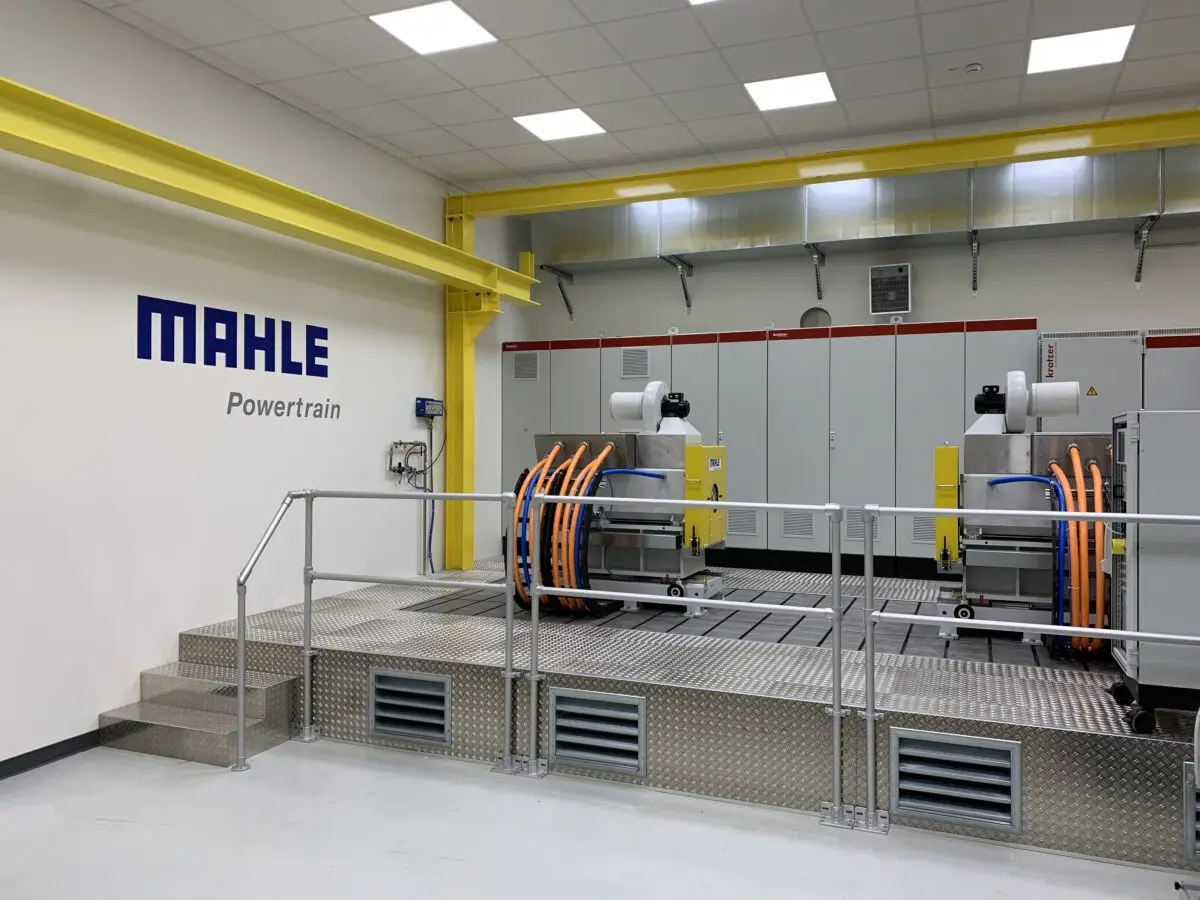
MAHLE pushes ahead with future technologies
From now on, MAHLE will focus even more strongly on its strategic future priorities. The Stuttgart-based technology group is therefore maintaining its investments in research and development at a high level despite the crisis.
